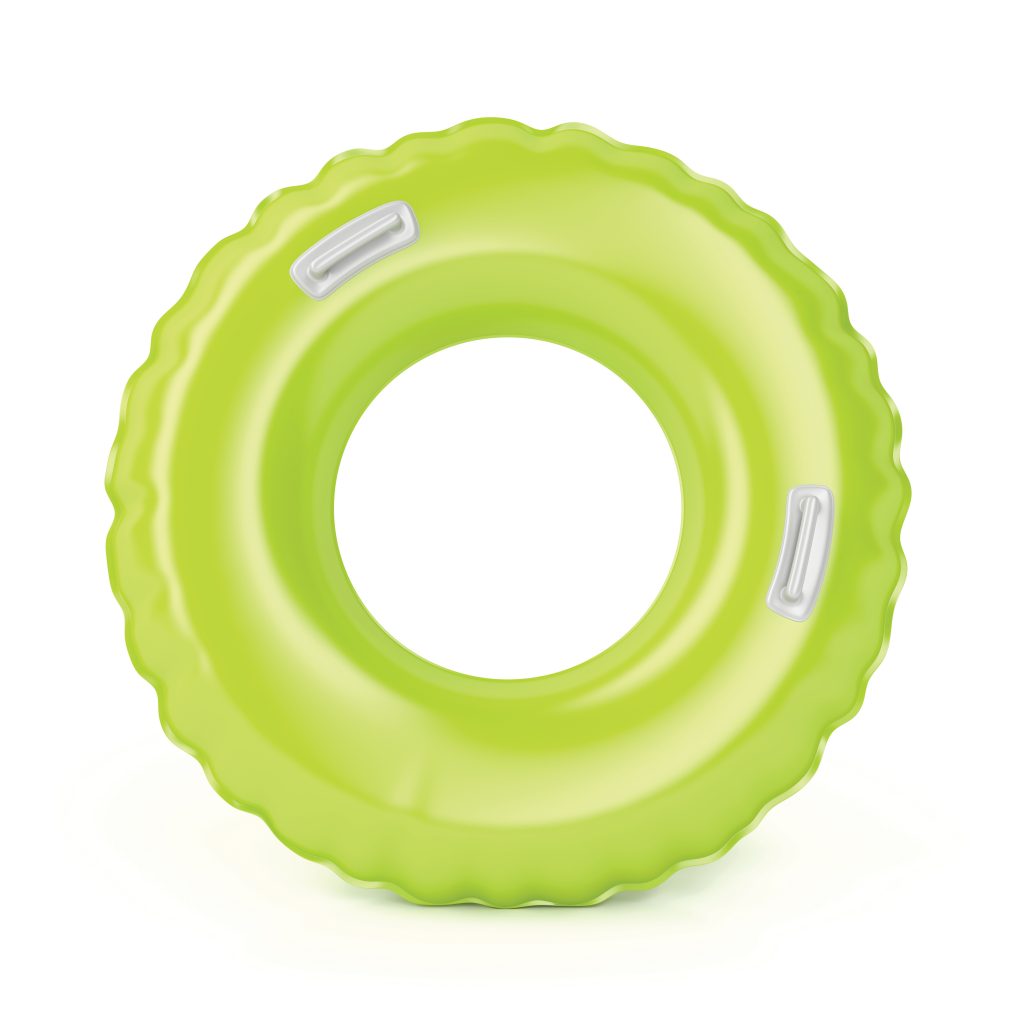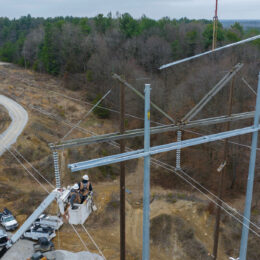
Everyone loves a pool. If you are lucky enough to have one, you’ll notice your electric bill increasing during the summer.
Pool pumps often run much longer than necessary, costing up to $5 a day if ran continuously. It is important to circulate your pool’s water to keep the chemicals mixed and remove debris, but as long as the water circulates while chemicals are added, they should remain mixed. It’s not necessary to recirculate the water everyday to remove debris, and most debris can be removed using a skimmer or vacuum. Also, longer circulation doesn’t necessarily reduce the growth of algae. Instead, using chemicals in the water and scrubbing the walls are the best methods.
The U.S. Department of Energy recommends reducing your filtration time to six hours per day. If the water doesn’t appear clean, increase the time in half-hour increments until it does.
You can install a timer to control the pump’s cycling. Help us beat the peak and set your timer to avoid peak energy use times of 4-7 p.m.
If debris is a problem, use a timer that can activate the pump for many short periods each day. Running the pump continuously for, say, three hours leaves the other 21 hours a day for the pool to collect debris. Several short cycles keep the pool cleaner all day.
Remember to keep the intake grates clear of debris. Clogged drains require the pump to work harder, which uses more energy. Backwash your filter appropriately. Backwashing too frequently wastes water, while not backwashing wastes energy by requiring the pump to work harder.
For a safe and enjoyable summer follow these pool electrical safety reminders:
Keep outlets near hot tubs, spas and pools covered and dry between uses. New outlet covers are available that offer weather protection while a plug is inserted into the outlet.
Keep cords and plugs away from hot tubs, spas and pools and puddles from wet swimmers. Never handle electrical items, plugs or outlets when wet.
If an electrical product falls into water, do not reach into the water for it. Make sure you are dry and not in contact with water or metal surfaces and unplug it immediately or shut off the circuit powering the item.
Hot tubs, spas and pools, and outlets on or near them should be protected by a ground-fault circuit interrupter (GFCI). Many older pools predating GFCIs in the 1970s should be upgraded to add GFCI protection for branch circuits supplying power to underwater pool lights operating above 15 volts, and outlets within 20 feet of the pool.
Sources: U.S. Department of Energy, Electrical Safety Foundation International



